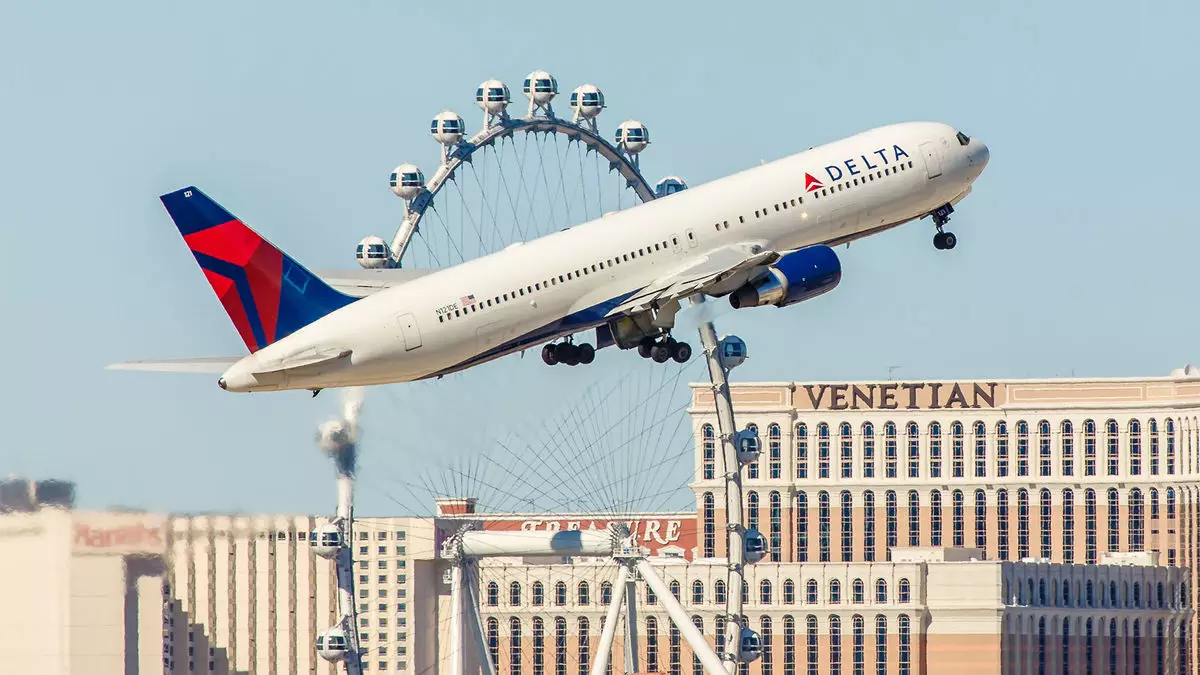Delta Airlines is currently considering the possibility of unbundling its forward cabin offerings, according to statements made during the airline’s second-quarter earnings call. The Delta president, Glen Hauenstein, hinted at a significant announcement that may be coming soon. This move could potentially change the way passengers experience flying with Delta, and it has sparked interest among investors and industry analysts alike.
While Delta currently offers bundled products in its business class, first class, and premium economy cabins, there has been a trend in the aviation industry towards unbundling. This approach involves separating various services and amenities that were traditionally included in the ticket price, allowing passengers to choose and pay only for the options they value most. Delta has already experienced success with unbundling in its main cabin, where passengers can opt for additional services such as checked bags, meals, and extra legroom for an extra fee.
Internationally, some airlines have already implemented unbundling in their forward cabins. For example, British Airways charges additional fees for seat selection in its Club World business class, while Lufthansa offers different price points for various seat configurations in its new Allegris business class. These changes reflect a shift in consumer preferences and a desire for more customization and flexibility when booking premium cabin flights.
Financial Implications and Investor Reaction
Delta has seen a 5% year-over-year increase in revenue for the second quarter, driven in part by its strength in the premium market. However, the airline’s lower earnings-per-share expectations for the current quarter have led to a sell-off of Delta stock and other airline stocks. Factors such as overcapacity in the U.S. airline sector and declining airfares have contributed to investor concerns about future profitability.
Despite challenges such as overcapacity and pricing pressure, Delta remains confident in its ability to adapt to changing market conditions. The airline industry as a whole is showing signs of responsiveness to oversupply, with adjustments in capacity and pricing being made to address the issue. While short-term financial performance may be impacted, Delta and other carriers are optimistic about the long-term viability of the industry.
Delta’s potential unbundling of forward cabin offerings represents a significant shift in the airline’s business model and passenger experience. By aligning with industry trends and customer preferences, Delta aims to enhance its competitiveness in the premium market and provide greater value to passengers. While the financial implications are being closely monitored by investors, Delta’s strategic approach to unbundling and market dynamics will continue to shape the future of the airline industry.

